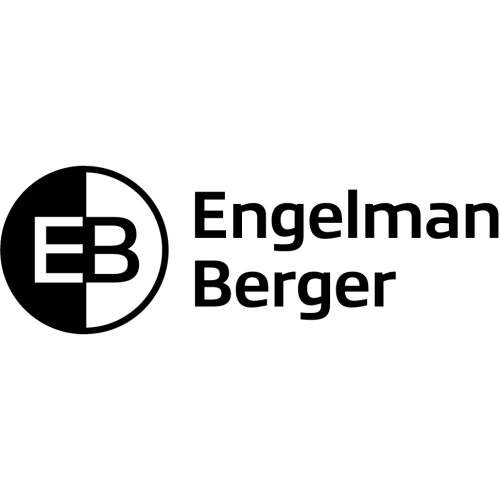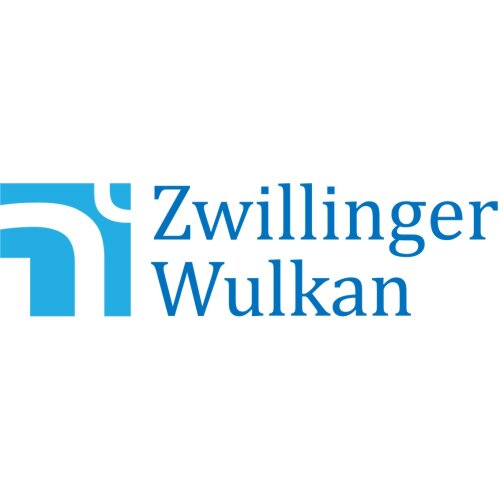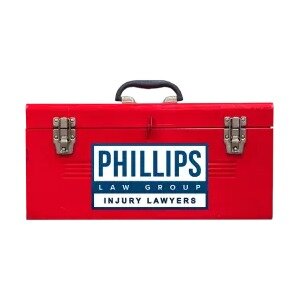Best Sanctions & Export Controls Lawyers in Phoenix
Share your needs with us, get contacted by law firms.
Free. Takes 2 min.
List of the best lawyers in Phoenix, United States
About Sanctions & Export Controls Law in Phoenix, United States
Sanctions and export controls refer to regulations implemented by the United States government to restrict or regulate the trade of goods, technology, and services to certain foreign countries, entities, or individuals. These laws aim to enhance national security, foreign policy objectives, and compliance with international agreements. In Phoenix, as a major metropolitan hub in Arizona, businesses and individuals engaging in international trade must comply with various federal sanctions and export control regulations, including those enforced by the U.S. Department of the Treasury’s Office of Foreign Assets Control (OFAC), the U.S. Department of Commerce’s Bureau of Industry and Security (BIS), and the U.S. Department of State’s Directorate of Defense Trade Controls (DDTC).
Why You May Need a Lawyer
Navigating sanctions and export controls can be complicated due to the overlapping and evolving nature of federal regulations. You may need legal assistance in situations such as:
- Exporting goods, software, or technology from Phoenix to overseas markets
- Determining whether a product, software, or service is subject to U.S. export controls
- Screening foreign customers or business partners against government restricted party lists
- Facing legal action, civil penalties, or criminal prosecution for violations
- Responding to government investigations, subpoenas, or audits related to sanctions or export controls
- Seeking licenses or authorizations for exporting controlled items
- Developing or updating company compliance programs and training staff
- Understanding and managing the impact of new or changing sanctions regulations
Local Laws Overview
While sanctions and export controls are primarily governed by federal law, Phoenix businesses and residents are directly affected by these regulations. Key legal aspects relevant in Phoenix include:
- Adherence to the International Traffic in Arms Regulations (ITAR) for defense items
- Compliance with the Export Administration Regulations (EAR) for dual-use goods and technologies
- Restrictions imposed by OFAC on dealings with sanctioned countries and individuals
- Arizona state laws that address state-specific compliance, though most sanctions and export controls issues are federal
- Potential coordination with Phoenix-based law enforcement or federal agencies for export enforcement matters
The intersection of local business operations with complex federal export laws underscores the need for specialized legal guidance in Phoenix, especially for businesses in technology, aerospace, and manufacturing sectors.
Frequently Asked Questions
What are economic sanctions and export controls?
Economic sanctions are government-imposed restrictions targeted at countries, companies, or individuals to achieve foreign policy or national security objectives. Export controls regulate the export of certain goods, technologies, and information for reasons including national security, nuclear nonproliferation, and compliance with international obligations.
Who enforces sanctions and export controls in Phoenix?
Federal agencies including OFAC, BIS, and DDTC primarily enforce these regulations. Local offices of federal agencies and, occasionally, Arizona state authorities may also be involved in enforcement actions.
How do I know if my product or service is subject to export controls?
Most goods, software, and technology fall under U.S. export laws. Certain items may be listed on the Commerce Control List (CCL) or the U.S. Munitions List (USML). Determining classification and licensing requirements often requires legal or compliance expertise.
Are there penalties for violating sanctions or export controls?
Yes, civil and criminal penalties can be severe. Penalties can include substantial fines, loss of export privileges, and even imprisonment, depending on the nature and willfulness of the violation.
Do I need a license to export from Phoenix to another country?
It depends on the product, destination, end user, and end use. Certain exports require a license from BIS, DDTC, or OFAC. Consulting with a qualified attorney or compliance professional is advisable.
How can a lawyer help me comply with sanctions and export controls?
A lawyer can assist with product classification, licensing, due diligence, compliance program development, responding to government inquiries, and defending against enforcement actions.
What is a denied party list, and how does it affect my business?
Denied party lists are government-published rosters of individuals, organizations, and companies with whom U.S. persons are prohibited or restricted from conducting business. Failing to screen transactions against these lists can result in violations.
Are Phoenix-based companies affected by U.S. sanctions on foreign countries?
Yes. U.S. sanctions apply to all U.S. persons, including businesses and individuals in Phoenix. Violating federal sanctions can have serious legal and financial consequences.
How often do sanctions and export control regulations change?
These regulations are subject to frequent changes, often in response to international developments or policy decisions. It is important to stay updated and seek legal advice if you are unsure about compliance.
Where can I find more information about export controls and sanctions?
Official government websites and guidance documents are good starting points, but consulting an attorney is the best way to ensure compliance and protect your interests.
Additional Resources
- U.S. Department of the Treasury - Office of Foreign Assets Control (OFAC)
- U.S. Department of Commerce - Bureau of Industry and Security (BIS)
- U.S. Department of State - Directorate of Defense Trade Controls (DDTC)
- Arizona Commerce Authority - International Trade Resources
- Greater Phoenix Economic Council for local business support
- Local law firms with export controls and sanctions law expertise
Next Steps
If you are facing a sanctions or export control issue in Phoenix or are unsure about compliance, consider the following steps:
- Identify the specific nature of your legal concern or compliance question
- Gather relevant documentation, such as product specifications, transaction records, and communications
- Reach out to a licensed attorney in Phoenix with experience in sanctions and export controls law
- Follow legal guidance regarding compliance programs, licensing, and necessary disclosures
- Stay informed about legal and regulatory developments that may impact your business or personal activities
Taking proactive measures with qualified legal assistance is the most effective way to manage risks and ensure your activities comply with U.S. sanctions and export controls requirements.
Lawzana helps you find the best lawyers and law firms in Phoenix through a curated and pre-screened list of qualified legal professionals. Our platform offers rankings and detailed profiles of attorneys and law firms, allowing you to compare based on practice areas, including Sanctions & Export Controls, experience, and client feedback.
Each profile includes a description of the firm's areas of practice, client reviews, team members and partners, year of establishment, spoken languages, office locations, contact information, social media presence, and any published articles or resources. Most firms on our platform speak English and are experienced in both local and international legal matters.
Get a quote from top-rated law firms in Phoenix, United States — quickly, securely, and without unnecessary hassle.
Disclaimer:
The information provided on this page is for general informational purposes only and does not constitute legal advice. While we strive to ensure the accuracy and relevance of the content, legal information may change over time, and interpretations of the law can vary. You should always consult with a qualified legal professional for advice specific to your situation.
We disclaim all liability for actions taken or not taken based on the content of this page. If you believe any information is incorrect or outdated, please contact us, and we will review and update it where appropriate.

















